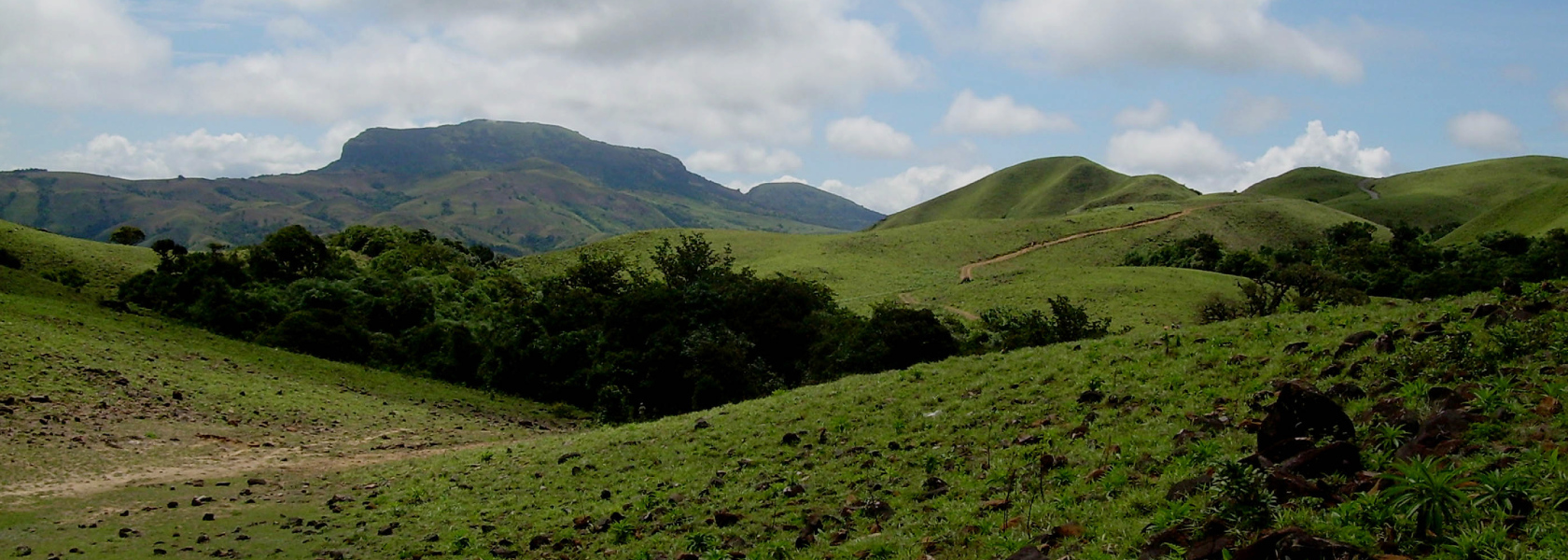
Blogs
RECOGNISE THE SUPERIORITY OF KODAVA TRIBAL FAITH AND PRESERVE IT IN ITS ORIGINAL FORM
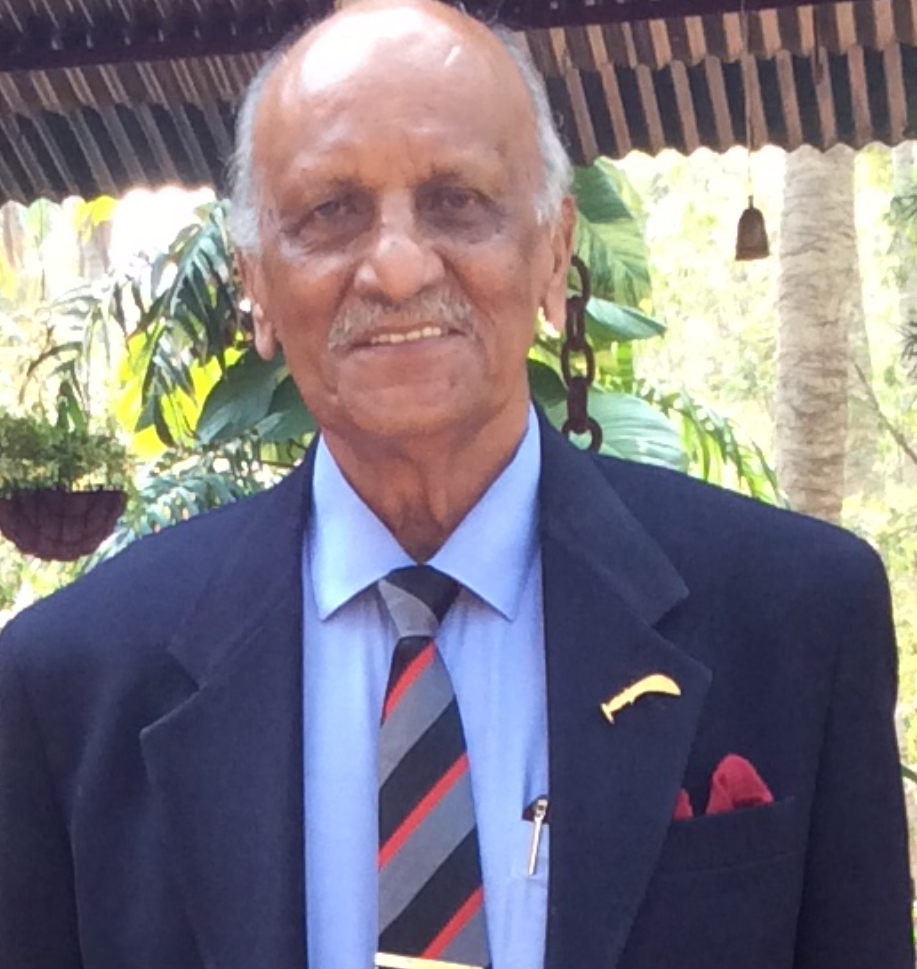
By Maj Gen Codanda K Karumbaya, SM (Retd)
There is presently confusion among us Kodavas, as to whether we are Hindus. I feel it is wrong to call ourselves Hindus, when we do not follow the Hindu caste system, concept of Gods or forms of worship. This article aims to establish that we are a tribe, and that our Kodava tribal faith, even though very simple, is more in consonance with ongoing scientific discoveries and modern concepts of humanism. We should be proud of our faith.
We consider Nature as our God and our ancestors as our gurus (teachers). We need to live in harmony with Nature and its manifestations such as the sun, moon, water, flora, fauna, and with our fellow human beings. In the evolution of human species from its primitive stage to the present and beyond, the role of religions as we know today is but a passing phase.
Humans existed before religions were thrust on them and will continue to exist even after the myths, superstitions and rituals associated with them get demolished by science in mankind’s march towards the pursuit of truth. Only practices like meditation and yoga which have positive effects on the mind and body will survive while those religious beliefs that are in conflict with science will perish.
One of the greatest scientists in living memory, Albert Einstein, who too was considered to be religious, classified religions into three categories. The most primitive category was born out of fear of hunger, wild beasts, sickness and death. These are the ‘religions of fear’. Later, as civilizations advanced and human societies developed, a new concept of religion took shape to impose moral conduct for the stability of society. These are the ‘social religions’ which invoke Gods who could reward or punish the conduct of individuals. The religions of fear and social religions do not enjoy the backing of science and cannot last long. Those who cling to them are likely to be left behind as science and technology advance at a bewildering speed.
The third category, ‘Cosmic Religion’, is the best of the three. Those who believe in it realize the vastness of the Universe and develop a scientific temper to try and discover its complexities. It motivates them to respect Nature and to realize the imperative need for all of us to live in harmony with it for ensuring better life in this world. Even the world has a beginning and an end, as does the Universe itself, let alone man. Albert Einstein followed this religion. Another great living scientist of our time, Stephen Hawking feels that the Universe is evolving as per some laws which may have originally been decreed by the creator who does not now intervene with its functioning. He jocularly asks – if God created the Universe, who created God? Many Hindu philosophers agree that man invented God, merely to discipline and control his own mind, which is man’s most powerful attribute, not that God exists as such or as per man’s perception.
Against the above background, the tenets of the original Kodava tribal faith, which considers Nature as God and our ancestors as our gurus (teachers) make it a superior form of religion. Kodavas had in the past followed oral traditions where the wisdom of our early ancestors was passed on from one generation to the next by word of mouth. Due to the lack of written accounts of Kodava history, our religion became distorted, initially by the original settlers of Kodagu and later by our rulers who established the system of Deva Thakkas to impose their religious faith on us.
At a later stage, when attempts were made to convert Kodavas into their faith by the followers of social religions like Christianity and Islam, Kodavas resisted vehemently. However it was another story as far as the Brahminical Hindu religion was concerned. The Haleri Rajas had got several Hindu temples built in different nads and villages, and appointed some Kodavas as Deva Thakkas to propagate their faith among Kodavas and to impose their Puranas which can be easily invalidated through the study of both history and science.
To this day there are many Kodavas who have immense faith in our original religion and are disdainful of other religions which are both unscientific and exploitive. However, due to the impact of Kannada and Sanskrit literatures on Kodavas in their school curriculum and in the cultural media, and the deteriorating quality of education in the district after Kodagu merged with Karnataka (thanks to the reservation policy even in the appointment of teachers), more and more Kodavas are tending to have greater faith in alien religions at the cost of their own religion. Kodavas must get over their inferiority complex brought about by years of political and cultural subjugation. Recognizing the merits of our own religion is one of the steps to restore our confidence in ourselves.
In order that Kodavas emerge as a progressive community of the future with a scientific temper, I request our community members to recognize the merits of our original religion bequeathed to us by our early ancestors and discard all those false beliefs acquired from the followers of ‘religions of fear’ and ‘social religions’ with whom our destiny got entangled.
Source: Are Kodavas (Coorgs) Hindus? by P.T. Bopanna, Rolling Stone Publications, 2018.
Paperback copies of the book available on Flipkart:
https://www.flipkart.com/kodavas-coorgs-hindus/p/itmc8b2b88846414
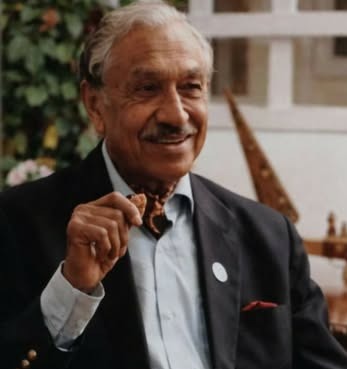
K P UTHAPPA WILL BE REMEMBERED FOR HIS SELFLESS SERVICE IN THE DOMAIN OF COFFEE AND EDUCATION IN COORG
By P.T.Bopanna Koothanda P. Uthappa (90), who passed away on January 14 will be remembered for his selfless service, especially […]
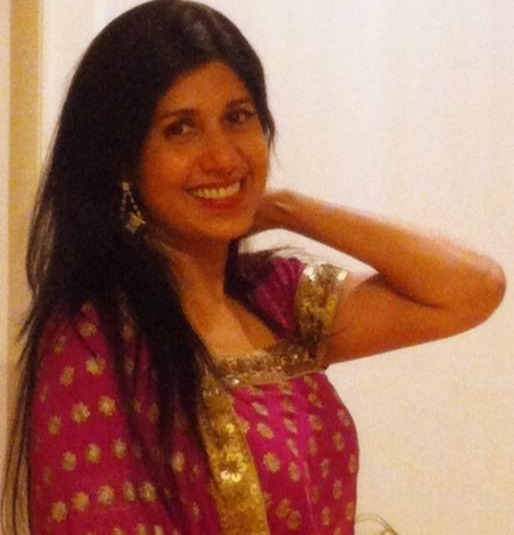
AUTHOR SARITA MANDANNA OF ‘TIGER HILLS’ FAME HAS COME OUT WITH A NEW BOOK
By P.T. Bopanna Coorg-born Sarita Mandanna (in picture) whose debut novel Tiger Hills became a bestseller, has come out with […]
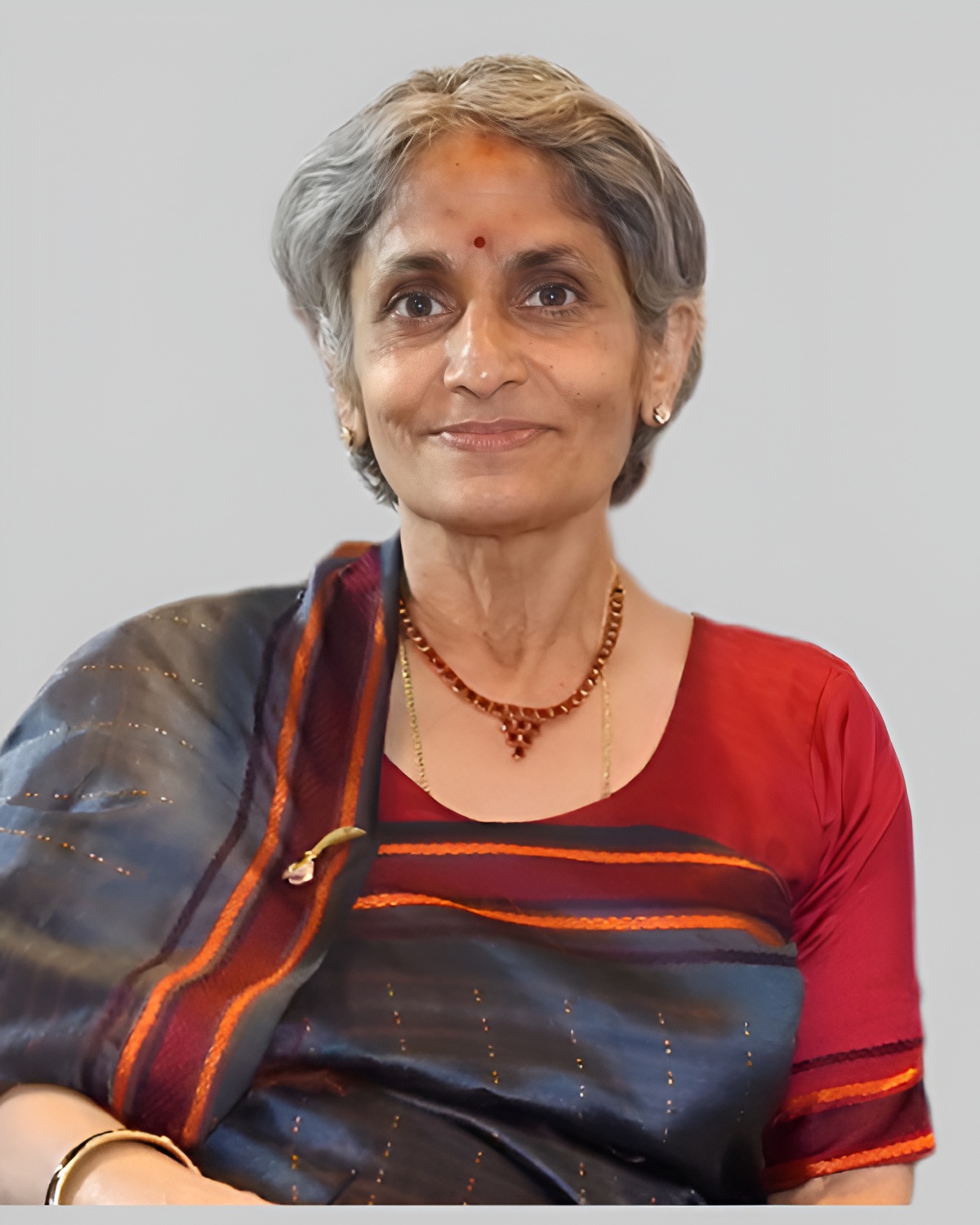
FIRST GENETIC STUDY OF KODAVAS (COORGS): PROF THELMA IS COORG PERSON OF THE YEAR, 2025
Prof B.K. Thelma, the scientist behind first genetic study of Kodavas (Coorgs), is Coorg Person of the Year, 2025. The […]
